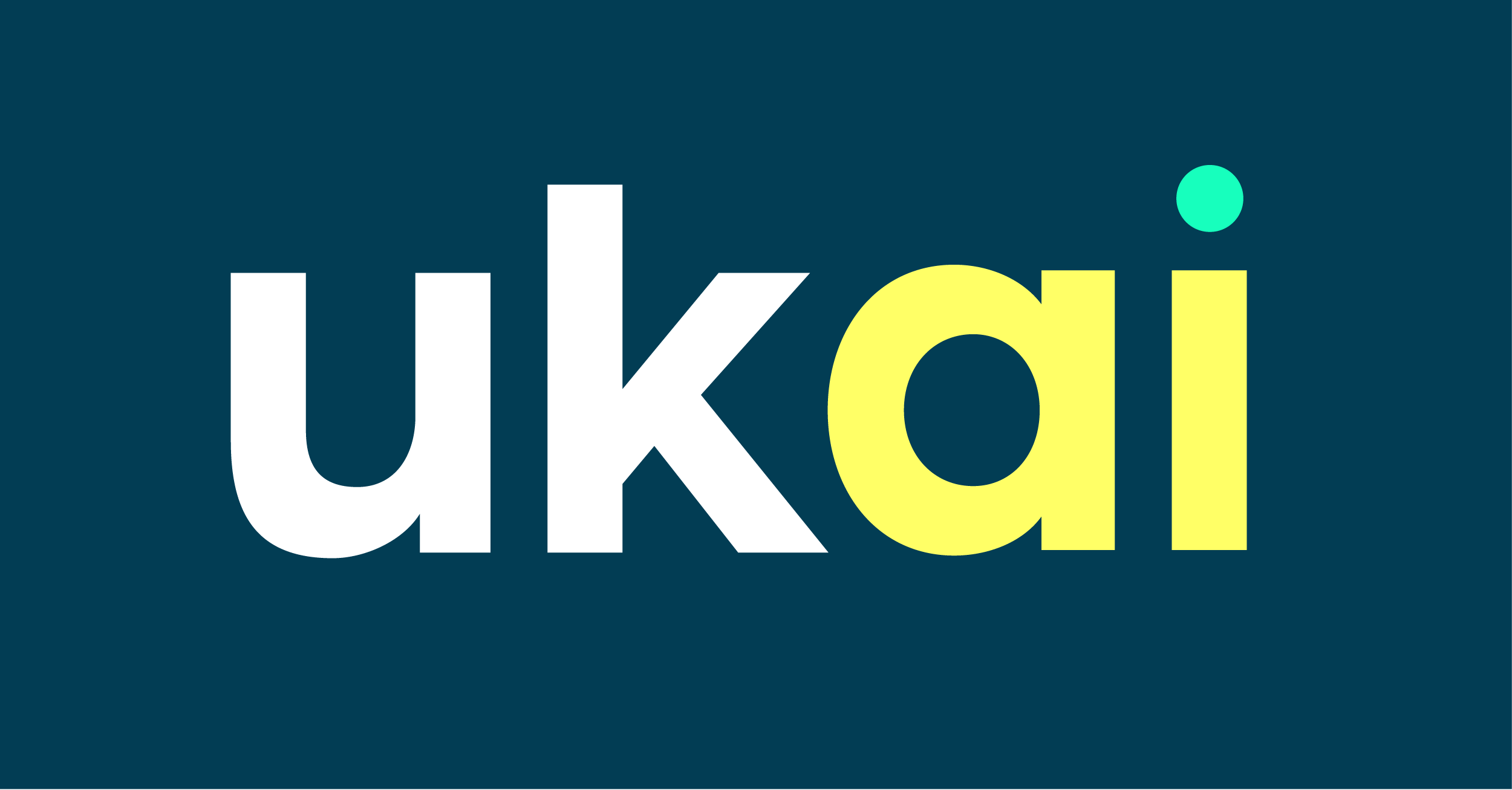Anthropic Challenges AI Bias with Open-Source “Evenhandedness” Framework
In Anthropic’s internal benchmarking, Claude Opus 4.1 and Sonnet 4.5 scored 95% and 94% respectively, trailing only Google’s Gemini 2.5 Pro (97%) and Elon Musk’s xAI Grok 4 (96%). Claude outperformed OpenAI’s GPT-5 (89%) and Meta’s Llama 4 (a stark 66%). The scores highlight not only the technical challenge of neutralising bias, but also the divergent philosophical strategies taken across the industry.
Anthropic’s move follows a July 2025 White House executive order mandating political neutrality in AI systems used in federal agencies. Amid growing regulatory scrutiny, the company’s decision to release its methodology on GitHub is a clear signal that the industry must align around transparent, shared standards.
What sets Anthropic apart is its positioning of the framework not as a political adjudicator but as a replicable benchmark—something the sector sorely lacks. Unlike OpenAI’s internal bias mitigation protocols or Meta’s ideological re-tuning efforts, Anthropic’s approach invites peer review and cross-company calibration.
The firm’s release arrives at a pivotal moment, as AI systems face growing questions over trust and bias in a fraught geopolitical climate. For the UK, which aims to lead in responsible AI development, tools like this offer a route toward setting global standards—grounded in openness, technical rigour, and democratic accountability.
While consensus on what constitutes “neutrality” remains elusive, Anthropic’s framework offers a pragmatic way forward: not perfection, but progress through shared visibility and debate. In a fractured industry grappling with complex ethical tensions, this is the kind of transparent, evidence-based initiative the AI world urgently needs.
Created by Amplify: AI-augmented, human-curated content.





